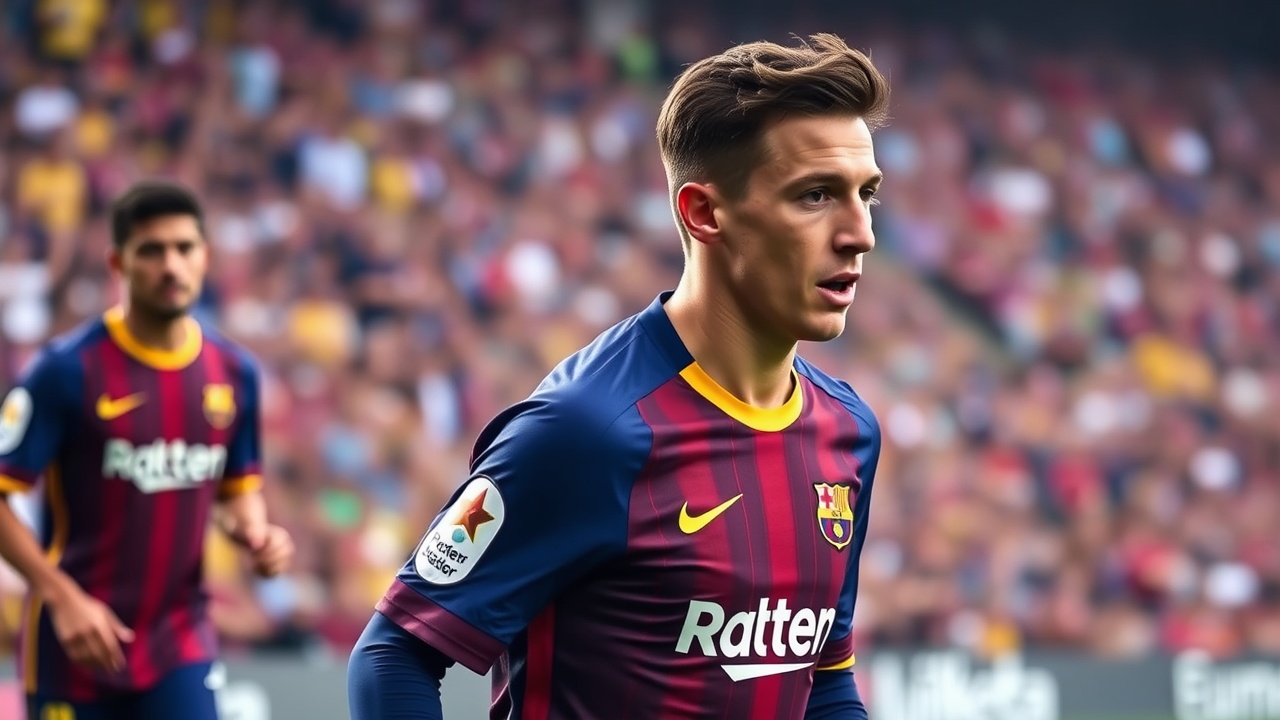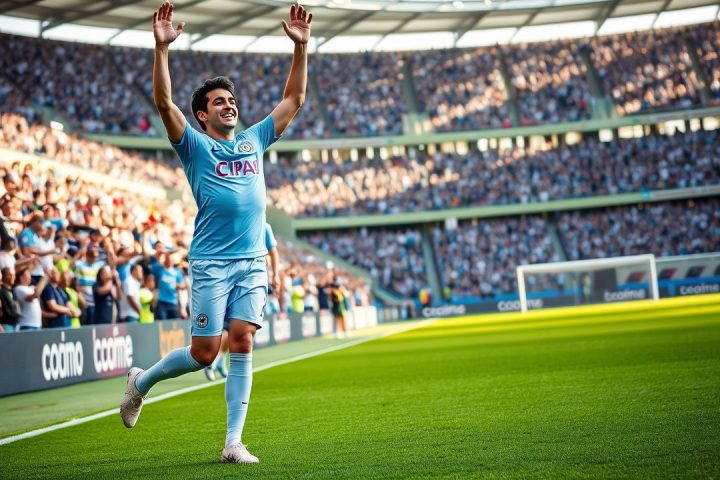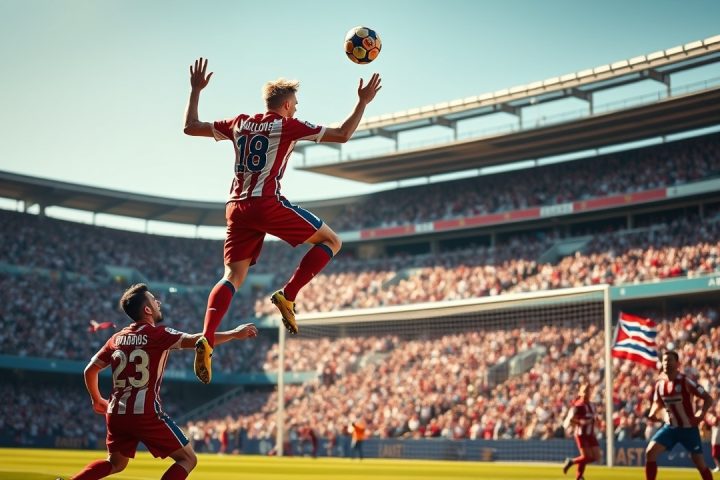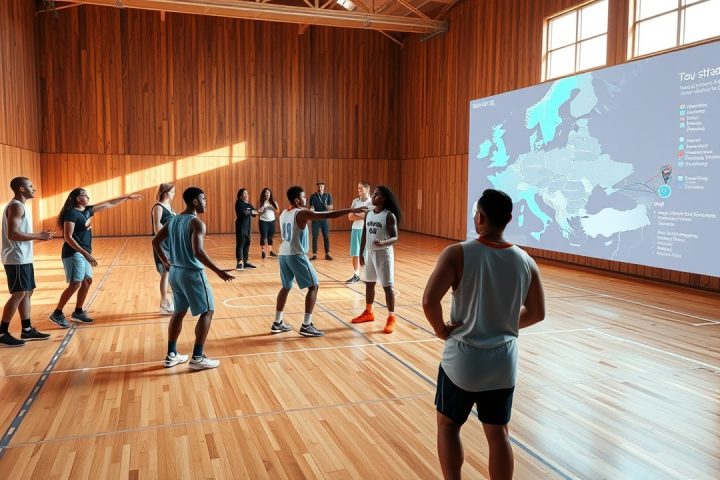Barcelona’s Successful Season
Barcelona recently concluded a remarkably productive season, securing a domestic double and narrowly missing a spot in the UEFA Champions League Final. This outstanding performance not only boosts the morale of the team but also strengthens the position of president Joan Laporta, who faces impending elections at the end of the next season.
Laporta’s tenure has been marked by the challenge of rectifying a severe financial crisis inherited from former president Josep Maria Bartomeu. To facilitate immediate cash flow, he implemented an ambitious strategy involving the sale of future revenue streams, often termed “levers”. While the long-term implications of these moves remain uncertain, the team has achieved two LaLiga titles in three years, reinforcing optimism about their on-field strategy.
Navigating Financial Regulations
Despite these successes, FC Barcelona is still navigating the complexities of LaLiga’s stringent financial regulations. A notable instance was the Dani Olmo scenario in January, where the club had to sell luxury box rights at Spotify Camp Nou to manage costs. Their projected financial posture appears to be improving—not only due to higher prize money from their recent victories but also because of their imminent return to the Camp Nou, which is a significant revenue generator, in addition to some adjustments in LaLiga’s financial rules.
If their strategy aligns well, they might have up to €50 million available to spend, although recent developments show that financial conditions can fluctuate.
Personnel and Strategic Decisions
The current squad isn’t in desperate need of reinforcements; however, the focus should be on succession planning for star forward Robert Lewandowski, clarifying the goalkeeping situation, and adding depth to the center-back position. These issues could potentially be deferred until the summer of 2026. Fortunately, many key players on the roster are young and possess considerable room for growth, potentially providing a solid foundation moving forward.
In terms of personnel decisions, the club is contemplating various player contracts and potential extensions. For instance, some insights into goalkeeping show discussions about extending the contract of a veteran goalkeeper, who performed admirably after stepping in for the injured Marc-André ter Stegen.
“There are considerations about extending his contract for only a year due to the expected return of Ter Stegen…”
…as a permanent backup keeper must still be signed if he leaves.
Further complicating matters is the contrasting opinions on certain players, with one analyst raising concerns about the necessity of a 35-year-old goalkeeper in a high-press system, suggesting it may not make strategic sense to allocate resources towards a backup position. Meanwhile, with a potential transfer of underperforming players looming, some players’ marketability remains relevant as the team navigates the landscape of contracts.
Future Prospects
As the discussions unfold, there’s a consensus on the need for Barcelona to solidify their central defensive options, as well as to begin scouting for a future center forward to replace Lewandowski in the near future. Depending on their financial maneuvers and sales of players, they might want to focus on younger talent that can enhance the depth of the squad.
With various contracts ending soon, the ability to reshuffle and strategically augment the roster remains a priority.
Conclusion
In conclusion, while Barcelona celebrates its recent successes, the overall strategy must focus on maintaining fiscal prudence and not repeating the mistakes that led to earlier financial crises. As they mix established talents with emerging youth prospects, the pathway to ensuring long-term stability and competitiveness in both domestic and international arenas is crucial. The upcoming season will be pivotal in determining if this balance can be achieved effectively.




